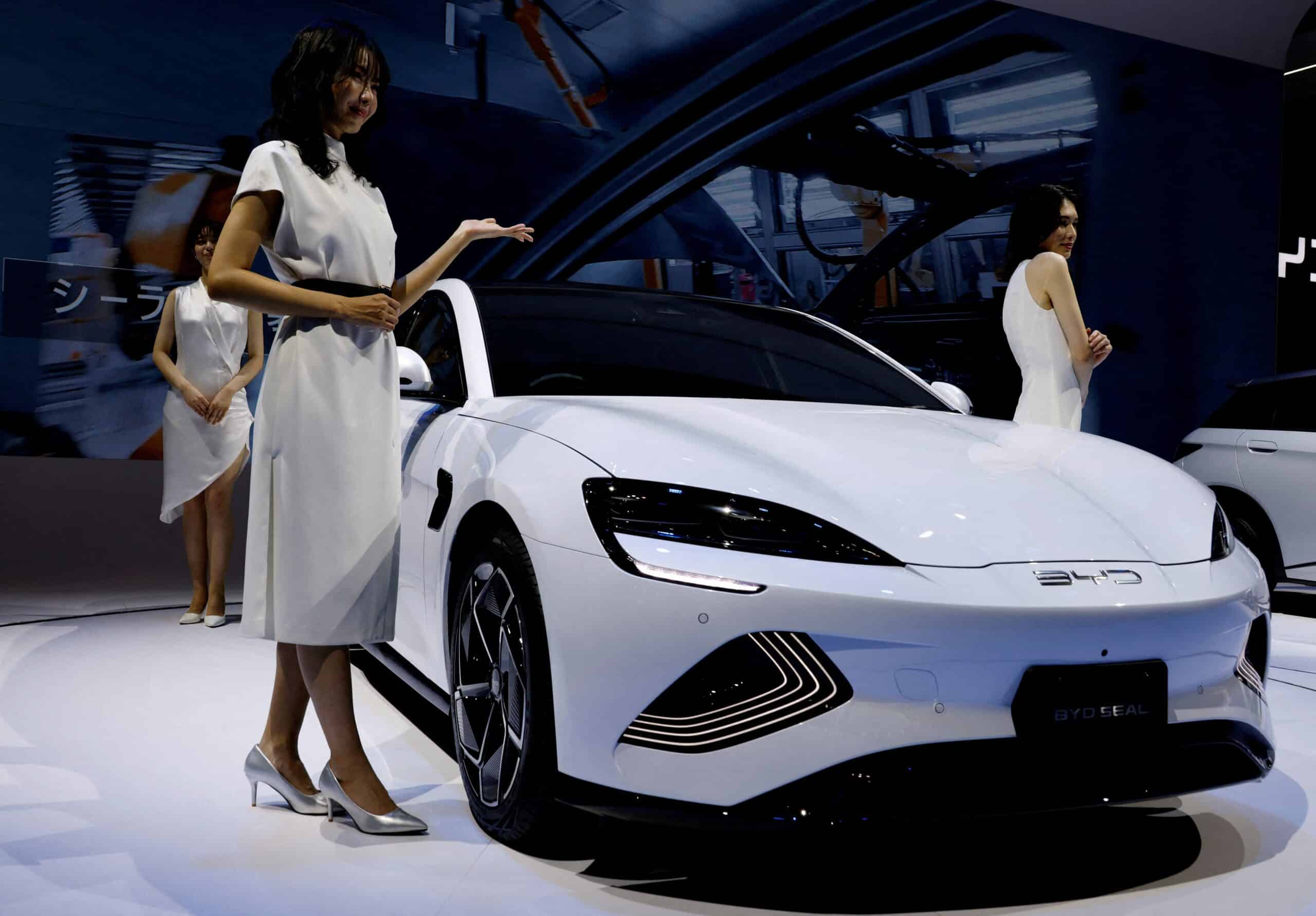German Automakers Face Stiff Competition from Chinese Rivals

The automotive industry is undergoing a seismic shift. German automakers, long revered for their precision engineering and high-performance vehicles, are now grappling with fierce competition from Chinese manufacturers. This change is not just about price; it reflects a broader transformation in consumer expectations and technological advancements. As electric vehicles (EVs) become the norm, the definition of a high-end car is evolving. Chinese companies are redefining this space with smart, affordable, and electric vehicles that appeal to a new generation of consumers.
The Rise of Chinese Electric Vehicles
Chinese automakers have made significant strides in the electric vehicle market. Companies like Xiaomi are producing cars that not only rival but often surpass their German counterparts in technology and features. The Xiaomi SU7, for instance, closely resembles the Porsche Taycan in design and performance. However, it comes at a fraction of the price, making it an attractive option for consumers. The SU7 incorporates advanced artificial intelligence, offering features such as automated parking and personalized greetings for drivers. This integration of technology is a game-changer, as it aligns with the preferences of modern consumers who prioritize smart features in their vehicles.
The success of the SU7 is evident in its sales figures. Last year, Xiaomi sold over 100,000 units of this model, highlighting the growing acceptance of Chinese brands in the premium car segment. This trend poses a significant threat to established German manufacturers, who have long dominated the market. As Chinese consumers increasingly view local brands as premium options, the landscape of the automotive industry is shifting dramatically.
Challenges for German Automakers
German automakers are facing mounting challenges as they struggle to adapt to this new reality. Companies like Porsche have reported significant declines in sales, particularly in China. Porsche’s deliveries in the region fell by 28% in 2024, a decline that impacted its global sales figures. While the brand saw growth in other markets, the drop in China was substantial enough to pull down overall deliveries by 3%. This situation underscores the reliance of German manufacturers on the Chinese market, which they had previously viewed as a safety net amid weaker demand elsewhere.
One of the critical issues for German automakers has been their reluctance to embrace new technologies. For years, they have relied on their established brand names and traditional engineering prowess. However, the rise of electric vehicles equipped with sophisticated software and artificial intelligence has changed the game. Market experts suggest that European manufacturers must innovate and adapt to remain competitive. The pressure is on them to enhance their offerings and integrate advanced technologies that meet the expectations of today’s consumers.
Strategic Shifts and Future Directions
In response to these challenges, German automakers are beginning to make strategic shifts. Porsche recently announced significant changes in its leadership, parting ways with its finance chief and a top sales executive due to poor performance, particularly in the Chinese market. Additionally, the company plans to cut up to 1,900 jobs in Germany over the coming years as part of a broader restructuring effort. These moves indicate a recognition of the need for change and adaptation in a rapidly evolving market.
Moreover, German manufacturers are starting to explore partnerships and collaborations to enhance their technological capabilities. The focus is shifting towards developing electric vehicles that incorporate the latest advancements in software and artificial intelligence. As the competition intensifies, it is crucial for these companies to innovate and redefine what it means to be a premium automaker in the age of electric vehicles.
Observer Voice is the one stop site for National, International news, Sports, Editor’s Choice, Art/culture contents, Quotes and much more. We also cover historical contents. Historical contents includes World History, Indian History, and what happened today. The website also covers Entertainment across the India and World.

